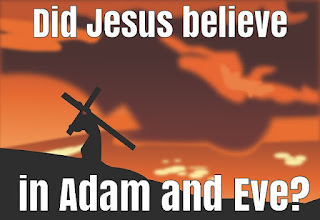Ah, liberal Christians.
How they do let their Maginations run wild sometimes.
You’ll see what I mean in a minute.
First, a little history ...
Lining Things Up
The Maginot Line was a massive French fortification that ran 943 miles between the Alps and the English Channel. The brainchild of Minister of War André Maginot, it was designed to repel attacks from Germany. The horrors of the trench warfare in the first “War to End All Wars” had persuaded the French of the need for better national defenses. The Maginot Line had everything going for it: super thick concrete, steel-wedge gun turrets that were impervious to bombardment, large, air-conditioned living areas for troops, supply storehouses, its own railway …







